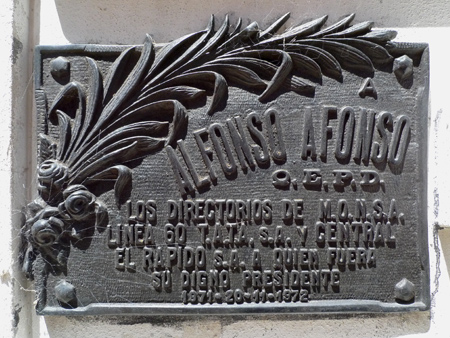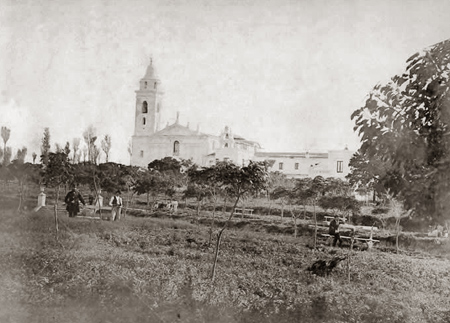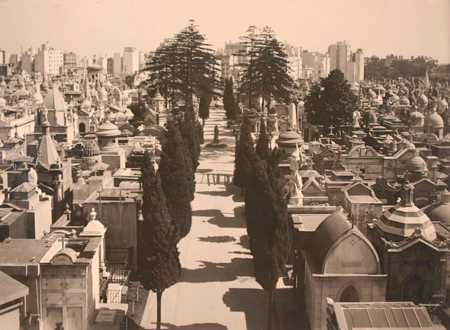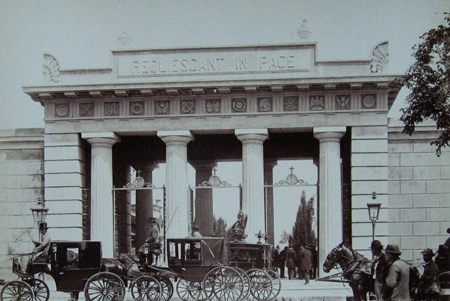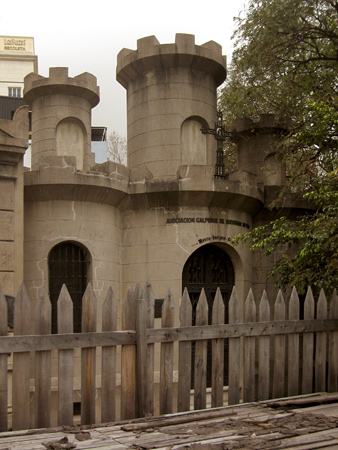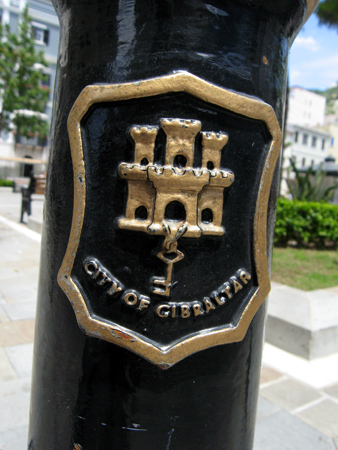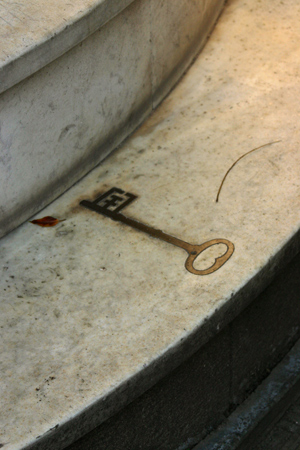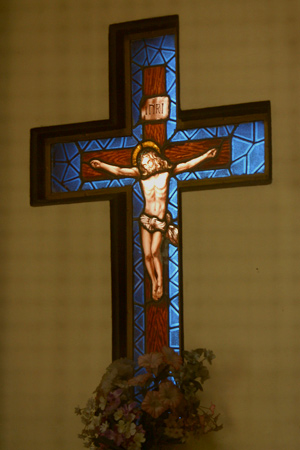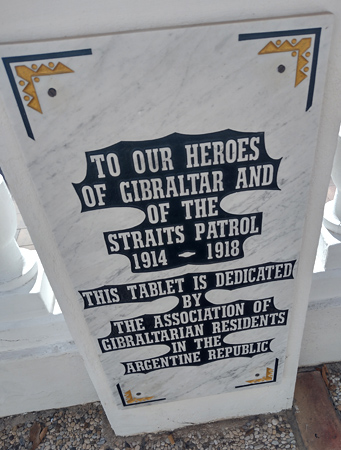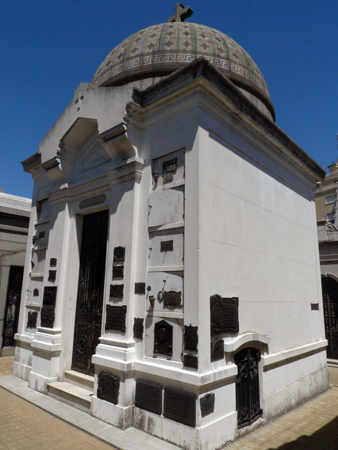
Beginning with the 1680 foundation of Colonia do Sacramento— situated directly opposite Buenos Aires on the Río de la Plata— Portugal tried to exert certain influence in the region. Although a demarcation line between Spanish & Portuguese territory had been agreed upon in 1494, the two nations often disagreed about the imaginary border. But after the Spanish established a Viceroyalty in 1776 with Buenos Aires as the capital, Portuguese claims gradually diminished.
Immigrant families who remained in Buenos Aires founded the Sociedade Portuguesa de Soccorros in 1895… another self-help organization to assist new arrivals & form bonds with the established community. For a small nation like Portugal, there has always been a large amount of emigration to other places.
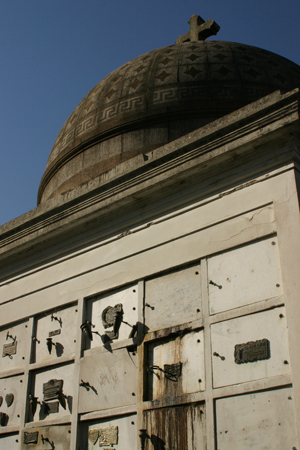
During the period of the Salazar regime, almost 1.5 million Portuguese left but fewer than 13,000 arrived in Argentina… less than 1% of the total. Most settled in the outer suburbs of Buenos Aires or in the city of Comodoro Rivadavia in Patagonia. The blog of Antonio Antunes Canas (in Spanish) has some interesting stories about his family’s immigration to Argentina, compiles lots of statistics & makes a unique point… because of Argentina’s progressive treatment of immigrants, new arrivals never felt the need to return home or maintain a homestead in Portugal. They were here to stay.
The interior is decorated with a statue of St. Anthony of Padua, born in Lisbon:
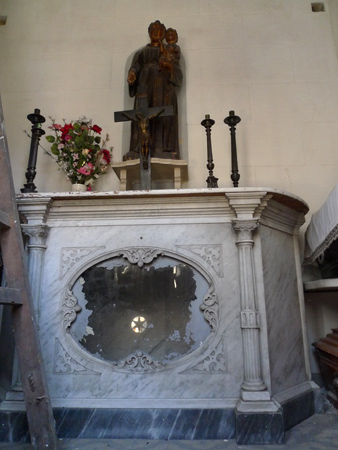
One plaque of many stands out… Alfonso Afonso was president of the local #60 bus route in the early 1970’s:
